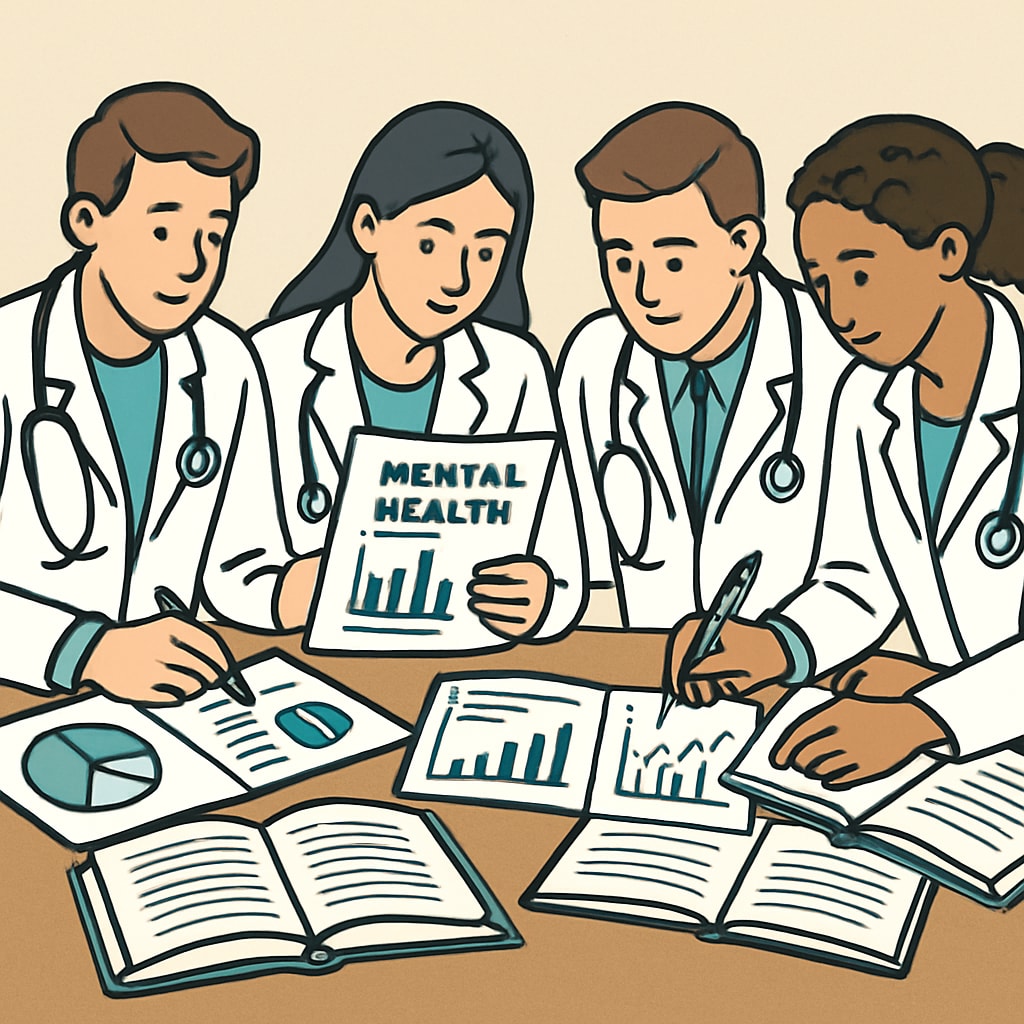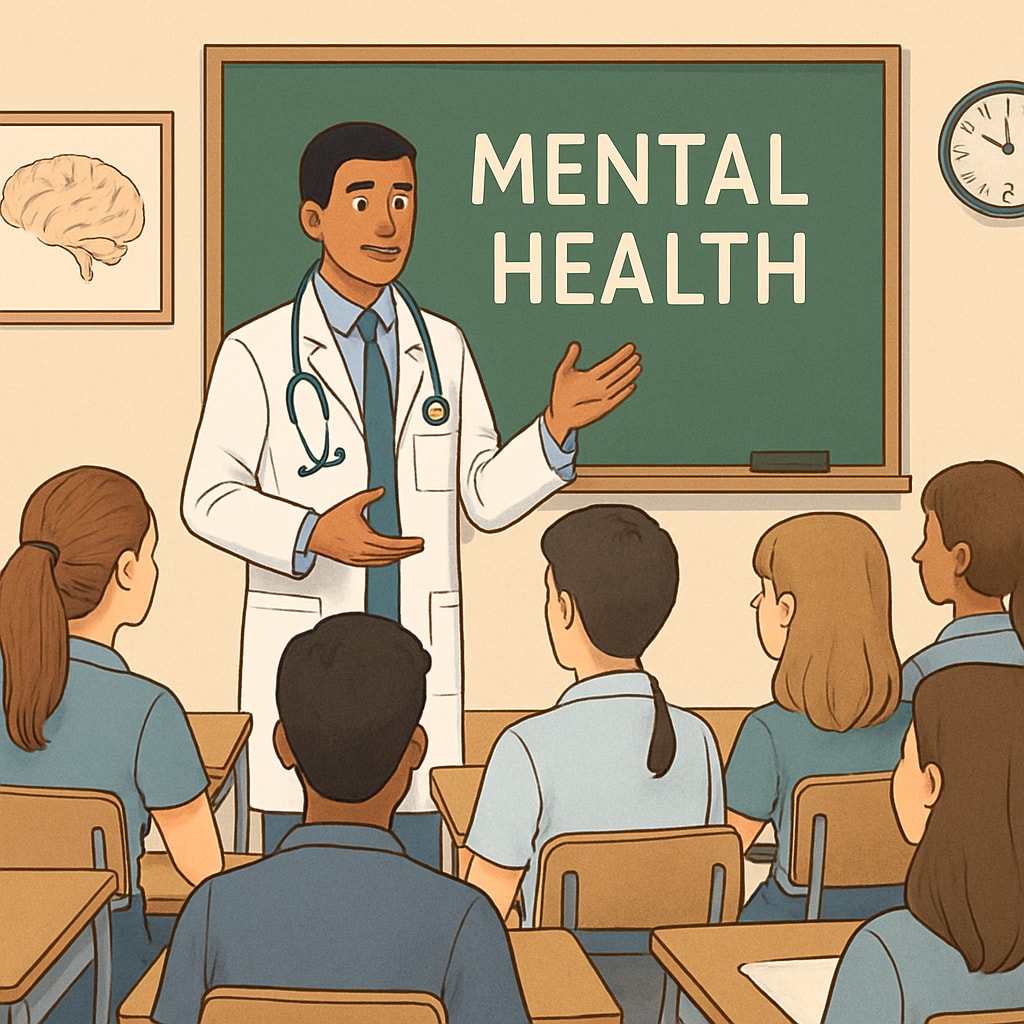Promoting mental health, high school students, seminar initiatives is essential in fostering psychological well-being during adolescence. Medical students, equipped with their unique expertise and empathetic perspective, are in a prime position to lead these efforts. In this guide, we will explore practical methods for medical students to organize impactful mental health seminars for high school students, covering key phases such as preparation, content development, and post-event follow-ups.
Preparation: Setting the Foundation for Success
Effective mental health seminars begin with thorough preparation. Medical students should start by identifying the goals of the event. For example, is the seminar focused on raising awareness, providing coping strategies, or addressing specific concerns like anxiety or depression? Clear objectives will shape the event’s structure and content.
Next, collaboration is key. Partnering with high schools ensures access to students and fosters trust. Engage school counselors and administrators early in the planning process to align the seminar’s objectives with the school’s needs. Additionally, selecting an appropriate venue and time is critical—classrooms, auditoriums, or virtual platforms can work depending on the audience size and logistics.
- Define clear seminar objectives (e.g., awareness, coping strategies).
- Collaborate with school staff and counselors.
- Choose an accessible and comfortable venue.
- Ensure logistical needs like seating, audio-visual equipment, and timing are addressed.

Content Design: Crafting Engaging and Relevant Sessions
The seminar’s content is the heart of the initiative. Medical students should tailor their presentations to resonate with high school students. Use relatable language, avoiding overly technical terms, and incorporate real-life examples or scenarios. Interactive elements, such as Q&A sessions, role-playing, or small group discussions, can keep students engaged.
In addition, the content should address common adolescent mental health challenges, such as stress, peer pressure, and emotional resilience. Highlight practical coping mechanisms, like mindfulness exercises, journaling, or seeking professional help when needed.
- Use relatable language and real-life examples.
- Incorporate interactive activities (Q&A, role-playing).
- Focus on common challenges faced by adolescents.
- Provide actionable coping strategies (e.g., mindfulness, journaling).

Follow-Up: Ensuring Lasting Impact
The seminar’s impact doesn’t end with the closing remarks. Follow-up activities are essential to reinforce the lessons learned and provide ongoing support. Medical students can distribute resource materials, such as brochures or links to credible online mental health platforms, enabling students to continue exploring the topic independently.
Furthermore, conducting feedback surveys can help assess the seminar’s effectiveness and identify areas for improvement. Collaborating with school counselors to monitor students’ progress post-seminar ensures that those who require additional support receive it. Creating a sustainable program with periodic events will also amplify the initiative’s long-term benefits.
- Provide resource materials (brochures, online links).
- Conduct feedback surveys for evaluation.
- Collaborate with school counselors for ongoing support.
- Establish periodic seminars for lasting impact.
In summary, organizing mental health, high school students, seminar initiatives is a rewarding endeavor for medical students. By leveraging their expertise and empathy, they can create meaningful events that address the mental health challenges adolescents face. With careful preparation, engaging content, and thoughtful follow-ups, medical students can build bridges to better mental health for the next generation.
Readability guidance: Use short paragraphs, bulleted lists for clarity, and transition words such as “however,” “therefore,” and “for example” to enhance flow. Distribute keywords evenly across the article.


